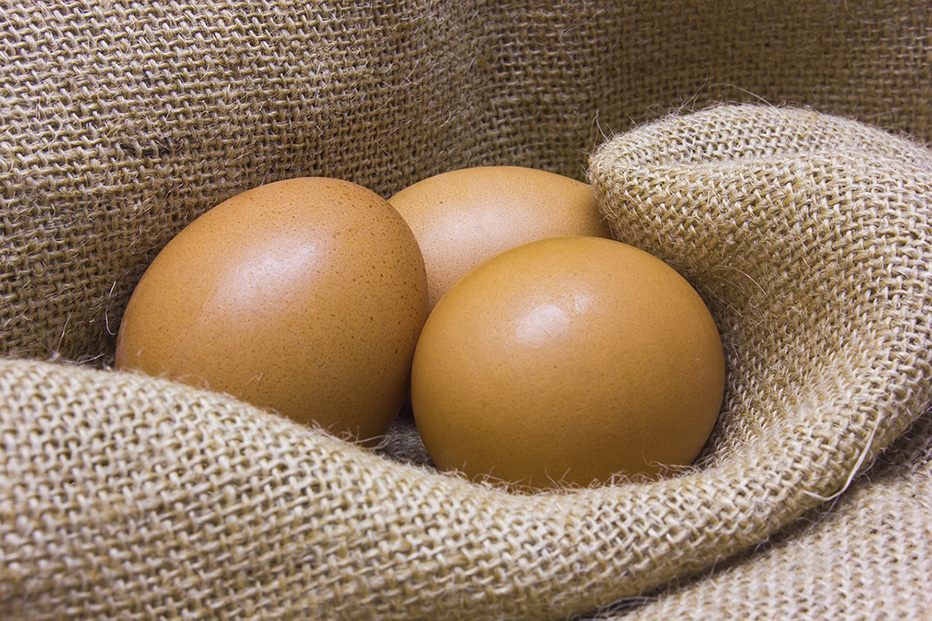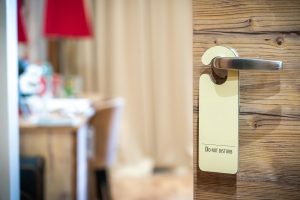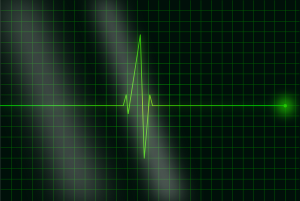Spring is on its way and so is the arrival of Easter and Passover. Before you indulge in traditional foods, such as hard-boiled eggs, to celebrate the holidays, we at Security Specialists want you to be aware of egg security so that you and your loved ones stay safe.
Eggs are a big part of both Easter and Passover, however if not handled correctly, they can cause food poisoning. Salmonella bacteria can be found on both the outside and inside of eggs and can cause severe food poisoning symptoms such as cramps, fever, diarrhea and vomiting. To prevent illness and keep the holidays safe, make sure that you practice sound egg security in handling and cooking with these handy tips:
-
- Always use clean, fresh eggs and open the carton to make sure they look fresh and are intact.
- Always buy “in-shell” pasteurized eggs to reduce salmonella risk associated with unpasteurized fresh or organic egg.
- Remember to wash all surfaces that come into contact with raw eggs including countertops, pans, dishes and utensils.
- Always use clean, fresh eggs and open the carton to make sure they look fresh and are intact.
- Always wash your hands before and after handling eggs with soap and water…and don’t forget the kids as well. Wash often when preparing, cooking and coloring eggs.
- Use only “food-safe” dyes for decorating eggs and exercise care when hiding and hunting eggs to make sure you avoid areas where they could come in contact with pets, wild animals or lawn chemicals.
- Never use cracked eggs because of bacteria risk.
- Always refrigerate your eggs at 40°F or below and make sure you place them well inside the refrigerator. Once hard cooked, refrigerated eggs can be stored for up to one week.
- Always cook eggs thoroughly until the egg white and yolk are firm. Dishes with eggs in the recipe must be cooked to a safe internal temperature of 160°F (71°C).
- Eat or refrigerate eggs within 2 hours after cooking.
- Never eat eggs that have been left at room temperature for more than 2 hours.











